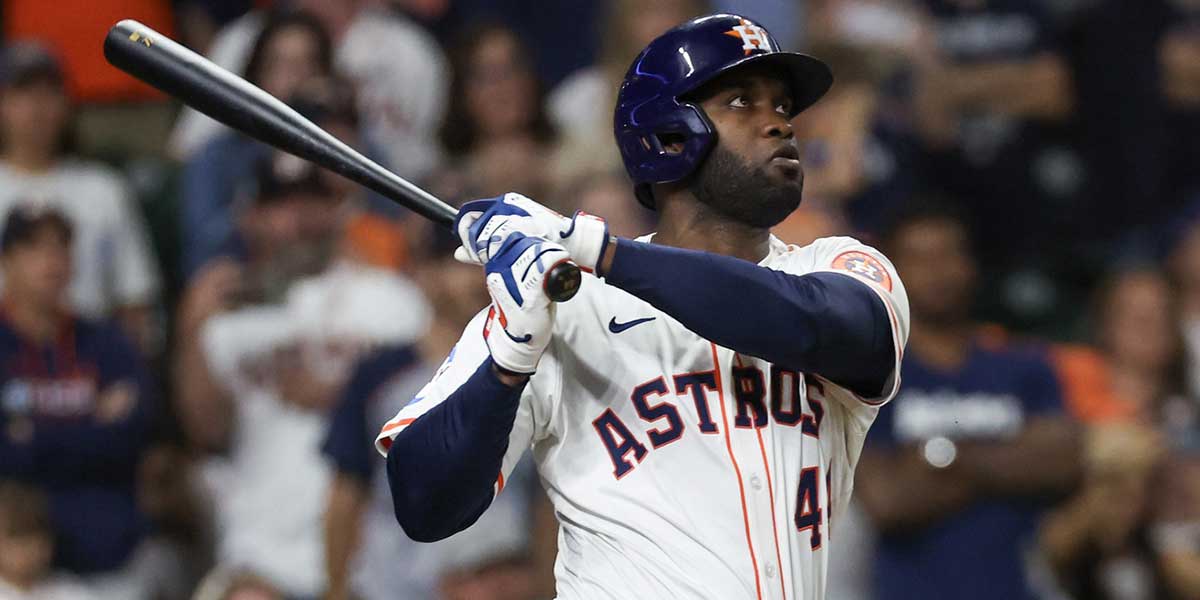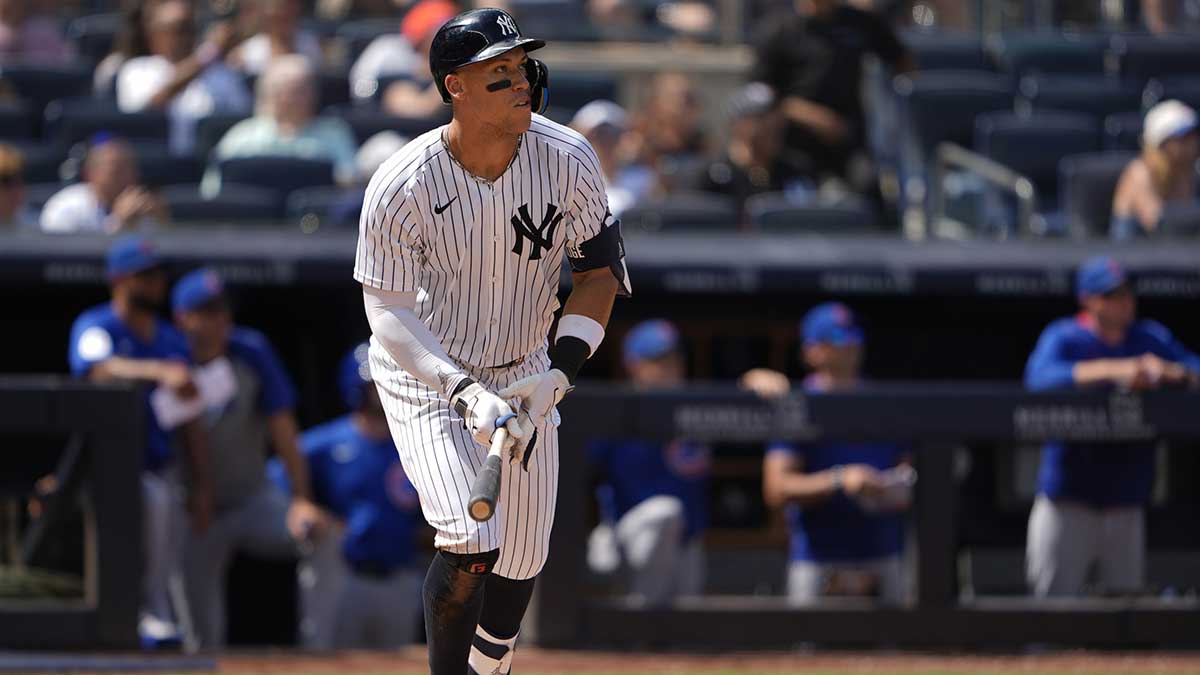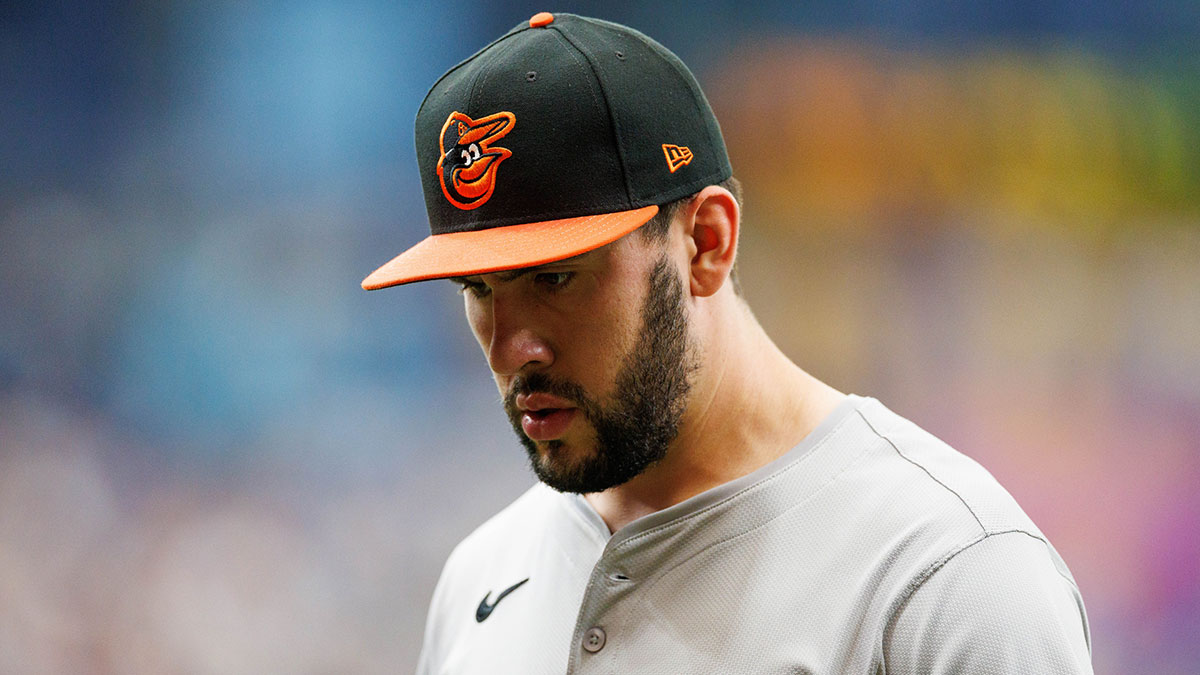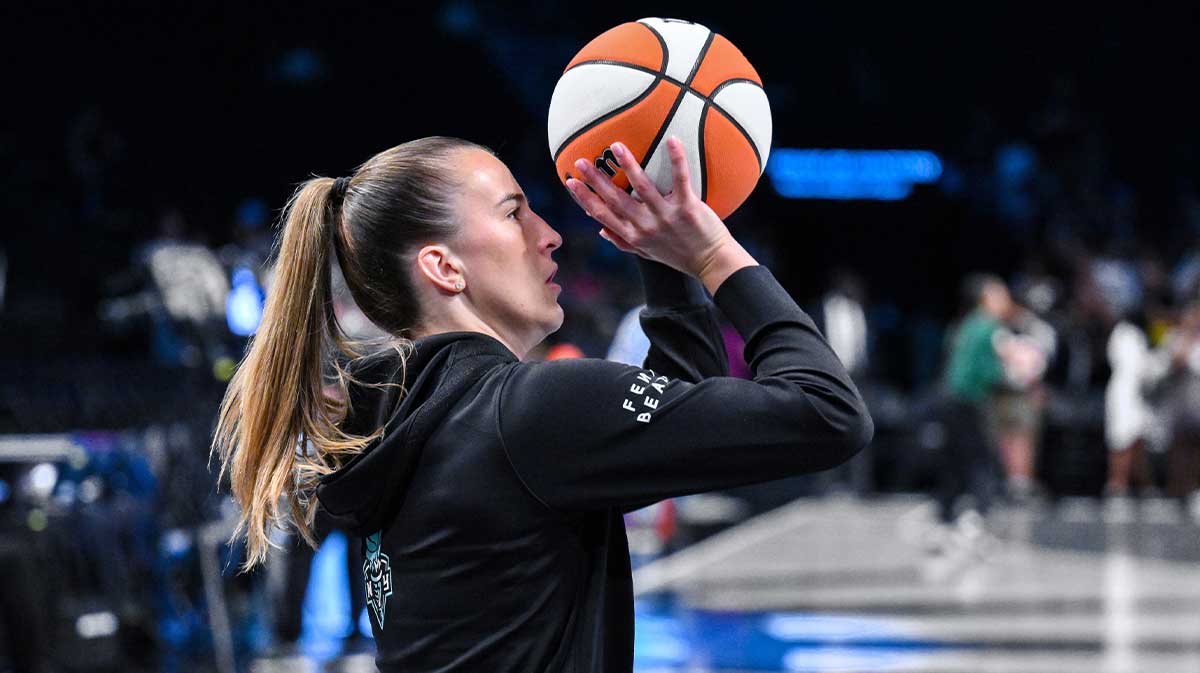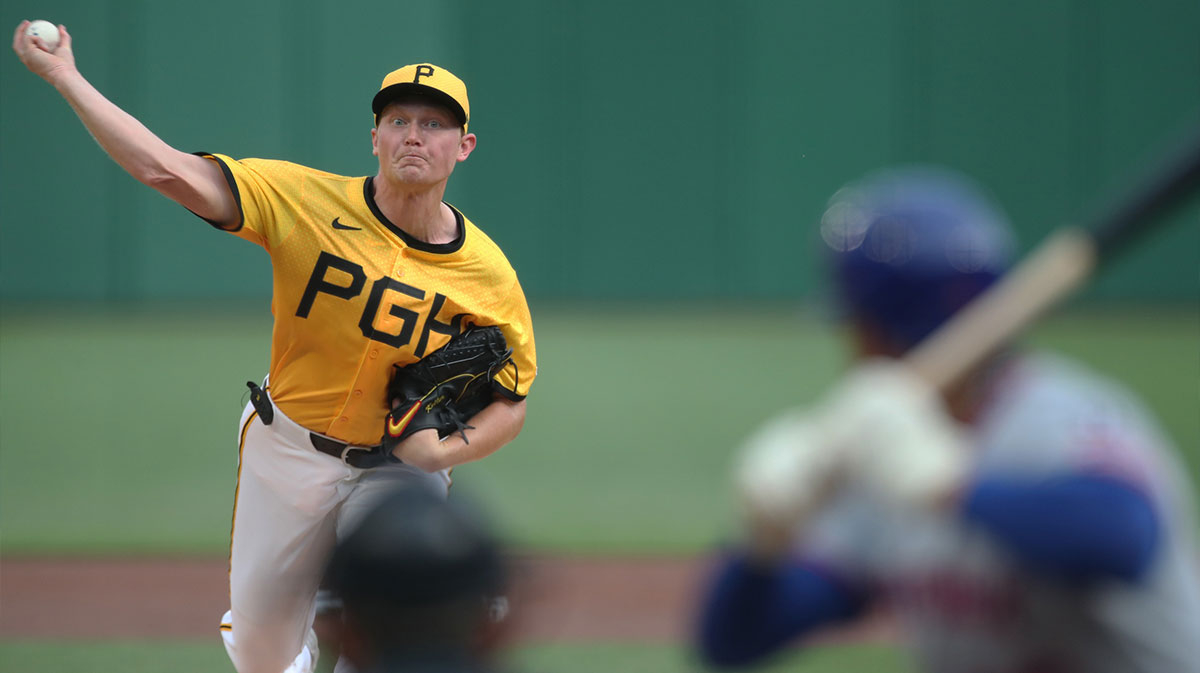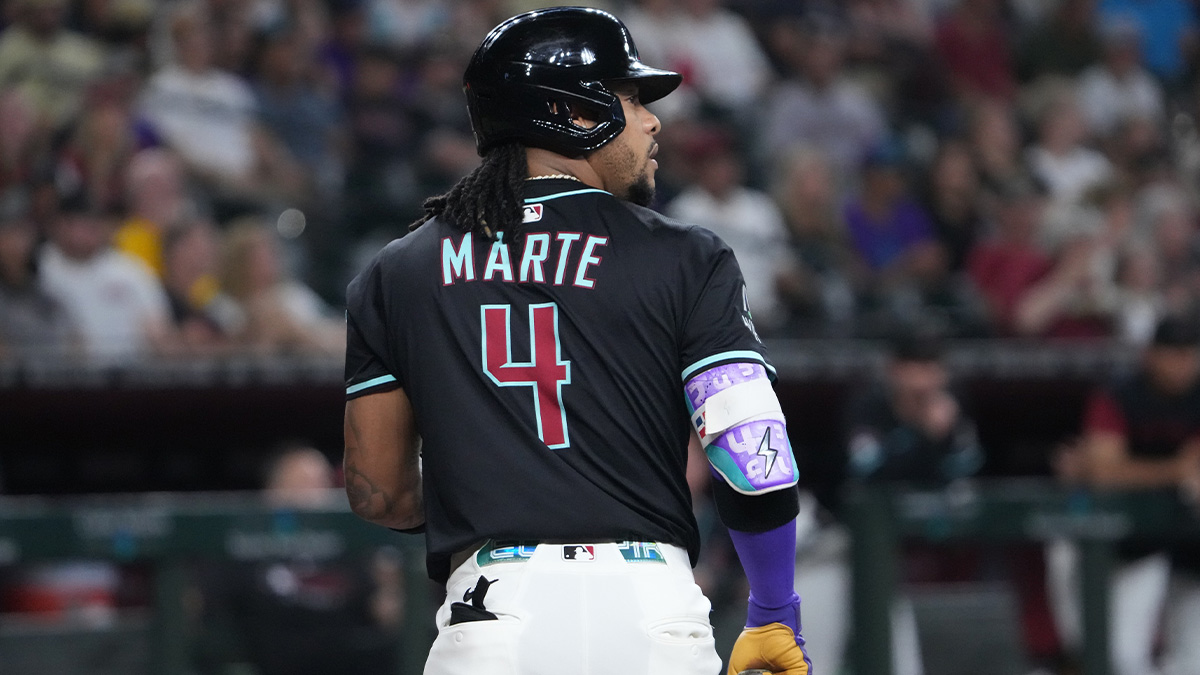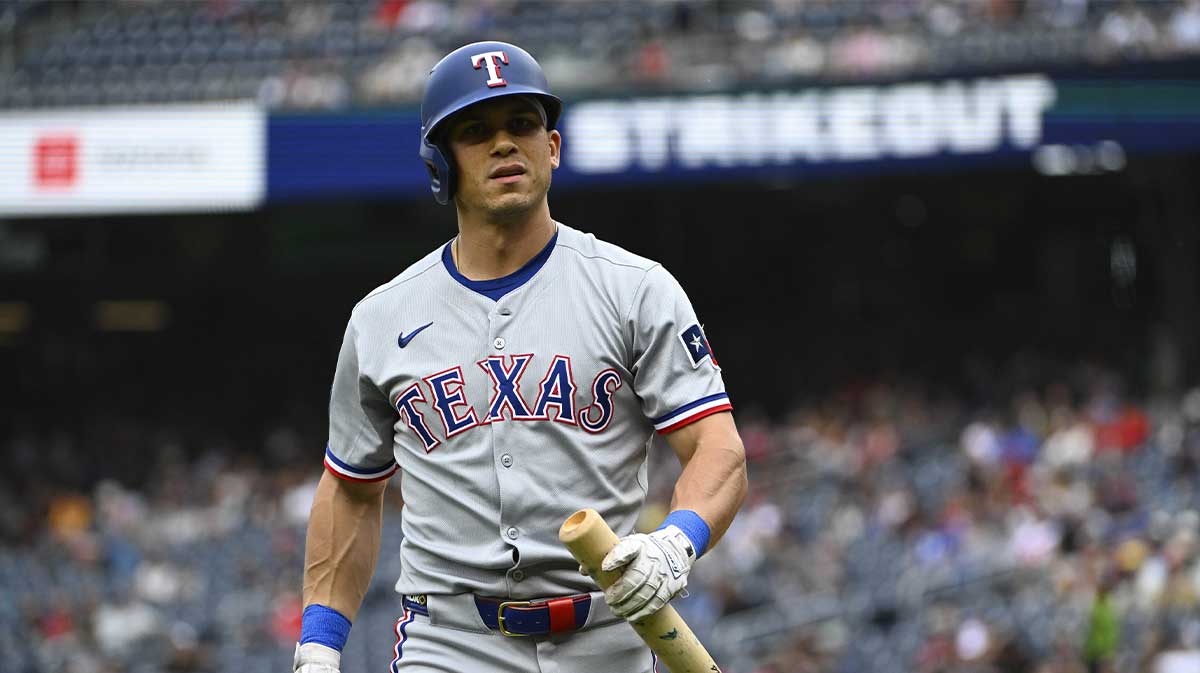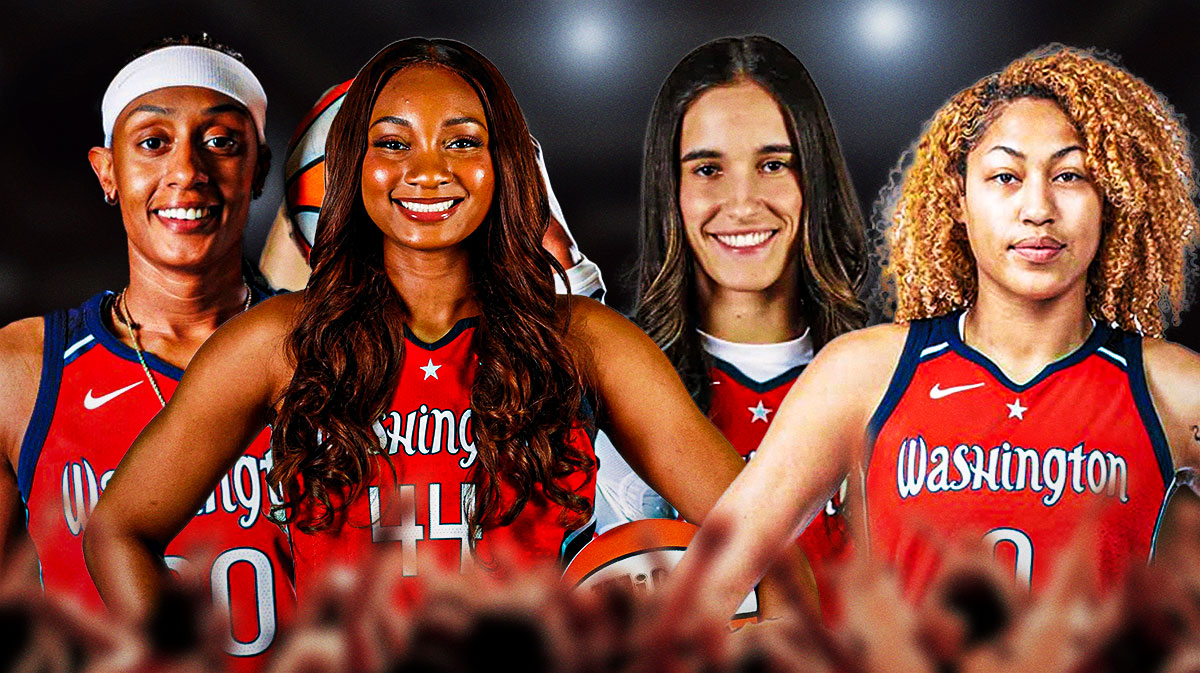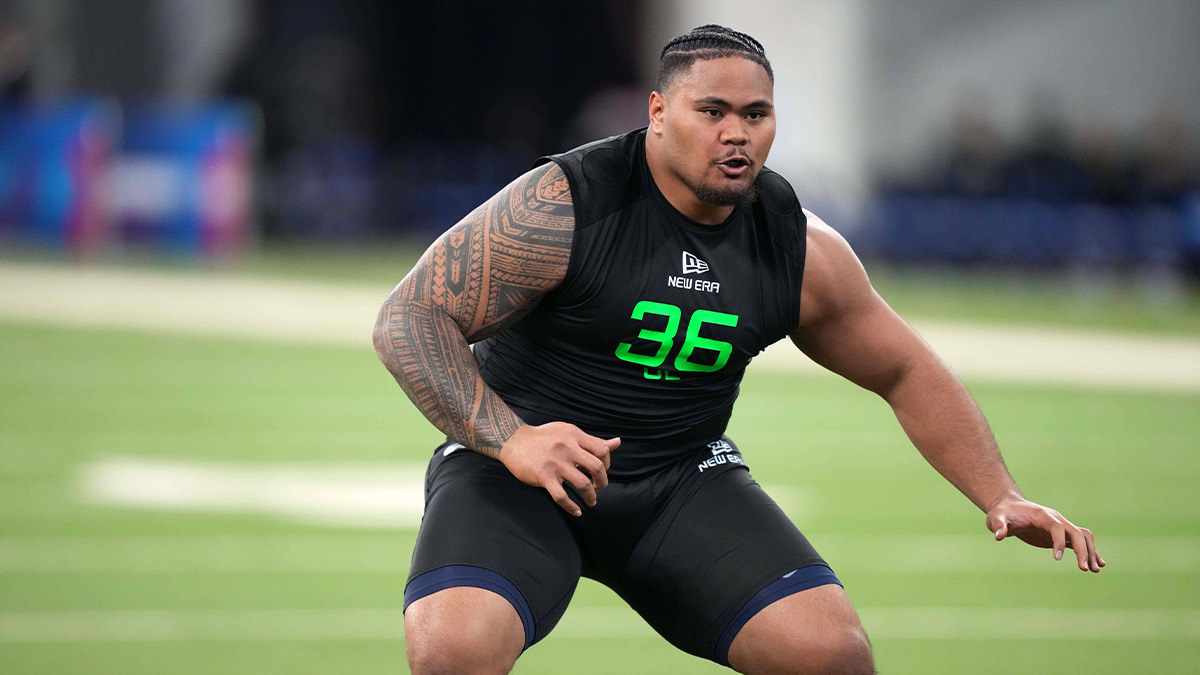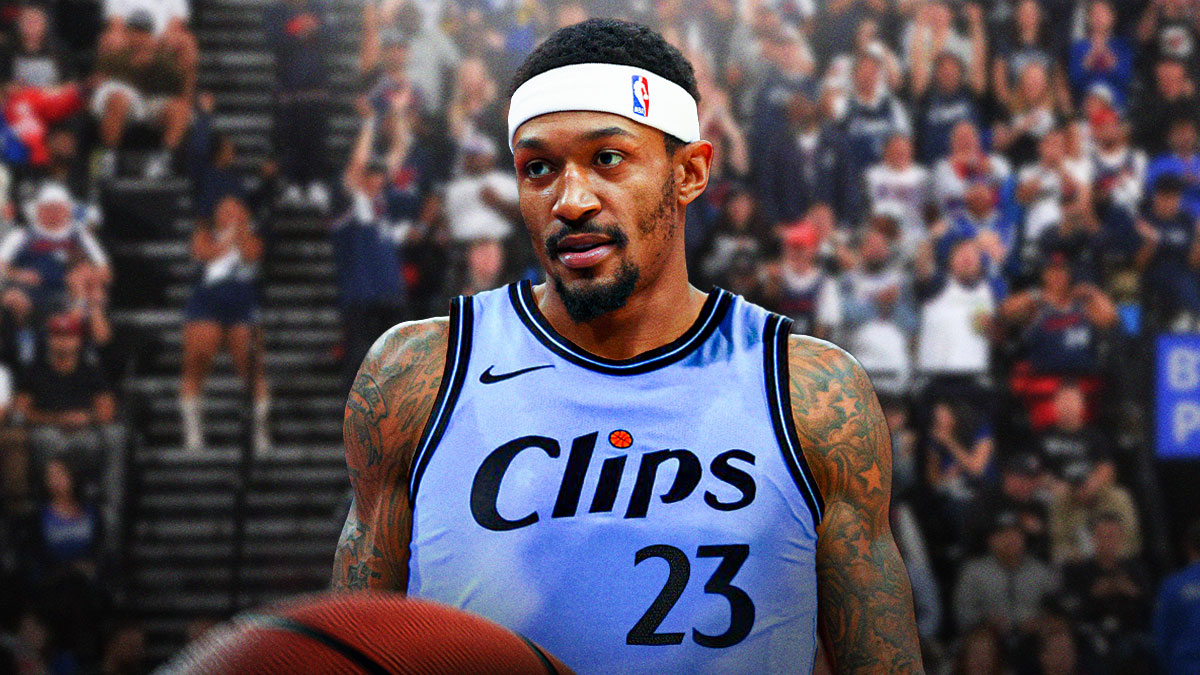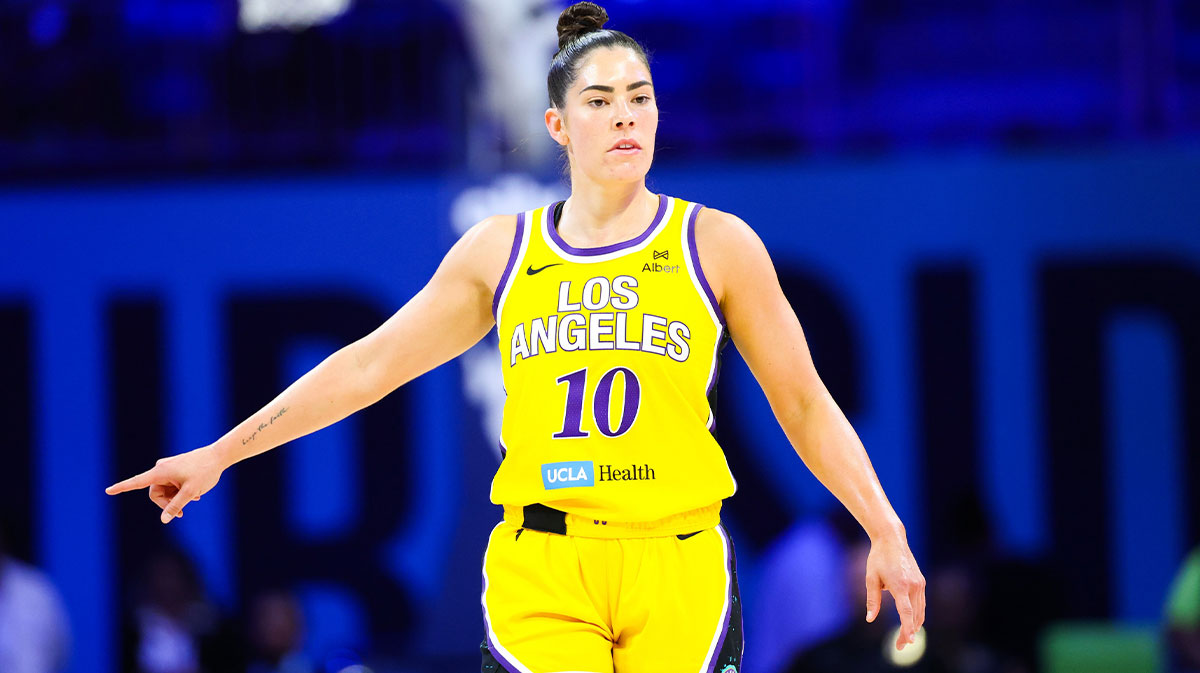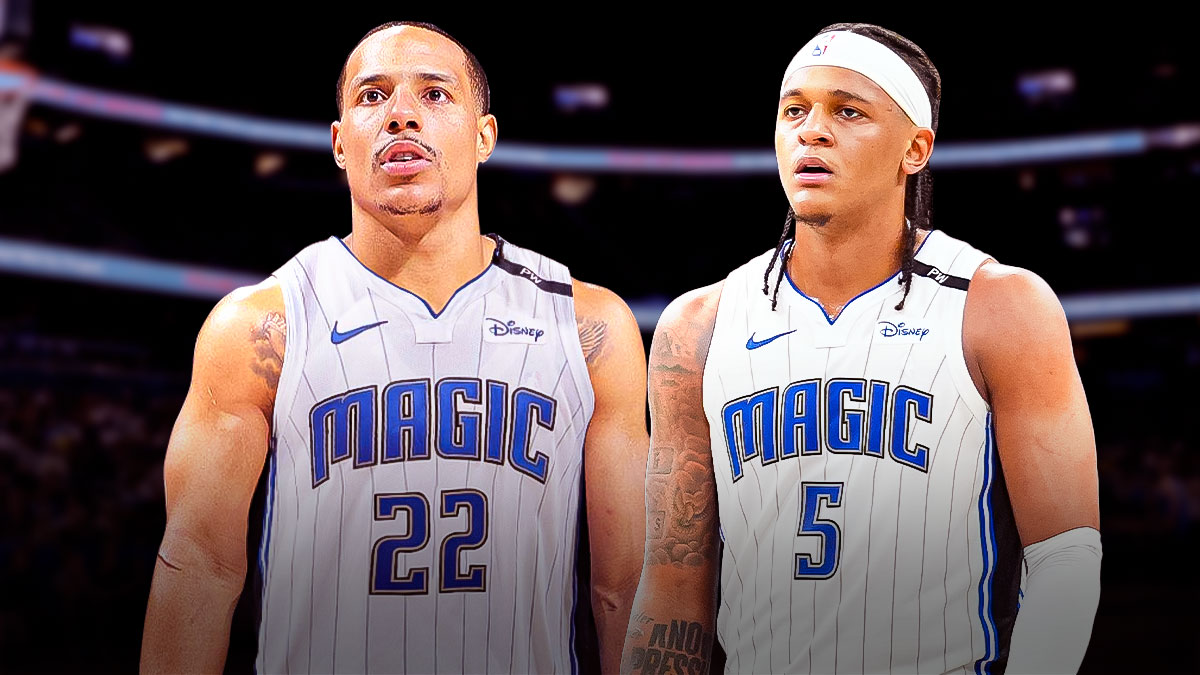Team Undying, one of the teams headed to Dota 2 The International 10, struggles to prepare for the world's most prestigious esports tournament, a few months before it starts.
The team formed in January of this year as a group of teamless pros shooting for TI10. Team Undying is composed of multi-time tournament champions: Enzo “Timado” Gianoli, Jonathan “Bryle” De Guia, Jonáš “SabeRLight-” Volek, David “MoonMeander” Tan Boon Yang, and Dooyoung “DuBu” Kim. They had one objective: to reach TI this year.
It wasn't an easy path. The team didn't directly qualify for The International, not having enough Dota 2 Pro Circuit points. However, the team had enough grit to continue on, heading to the North American Qualifiers to compete. This time, it's do or die. Team Undying, however, would not be fazed. They showed up and proved that they are one of the top North American teams in the league. They went 9-0 in their run on the TI10 NA Qualifiers, successfully securing their tickets to Romania.
Now, the team successfully claimed their objective, and are now headed towards TI10. But the path only gets more difficult from here. To prepare for any major competition, teams usually go to bootcamps. In bootcamps, players improve their team chemistry and train together. Usually, these bootcamps are located wherever the tournament will be held. With that in mind, it's already obvious that these bootcamps require a lot of capital. To prepare for TI10, they will need to setup a bootcamp. Whether it be in Romania, a country across the globe from where everyone in their roster plays from, or in NA, it will be a costly endeavor.
Team Undying gofundme set up for team's TI10 dream
The team's captain talked about the journey of his team thus far: the disappointment of not qualifying for the AniMajor, chipping in money from the team's pockets to pay for their manager, and the bittersweet journey they had qualifying for TI10 through the NA Qualifier. However, winning games is just one-half of the TI10 journey. The other half takes into account logistics, organization, management, and a whole ton of money.
Being a grassroots team with no organization, Team Undying has undoubtedly a steep hill to climb here. They don't have the luxury of having an organization backing them, or sponsors to fund their expenses. Captain MoonMeander and team manager Peter Anders have tried their best to secure sponsorship from organizations, but none of them have returned to Team Undying with a positive response. Hence, the team has decided to turn to the community for support.
As of press time, the gofundme page for Team Undying's TI10 dreams has raised $10,423, almost halfway to their $20,817 goal. The amount, according to MoonMeander, was according to Waveform Entertainment, an organization that has done bootcamping before.
There's still a long way to go, but community support has been positive so far. “Undying embodies NA grassroot org and talent,” says fan VERAMOMSTRUM DubuGod, who donated $50. “You guys deserve the best shot possible.” The same sentiment echoes throughout the entire gofundme page. It's heartwarming to see how much love the team is getting from fans, but it's still a bittersweet moment in the Dota 2 community, as the situation shouldn't have reached this point in the first place.
Valve's weak structure and top-heavy prizing for the Dota 2 Pro Circuit
A lot of the Dota 2 community's pillars were quick to blame Valve for Team Undying's situation. A lot of fingers were pointed at Valve's structuring of the Dota 2 Pro Circuit as the main culprit. Here's how the argument goes:
Valve's TI10 Dota 2 Pro Circuit has a top-heavy rewards system. This means that the prize pools are heavily skewed towards the top winners. In fact, TI9's $34 million prize pool awarded 45% of it to the champions – OG. Getting the lowest prize, admittedly, gets you a considerable purse still – 0.25% or $85,825 for the bottom team.
However, not all Valve tournaments in the DPC gave prizes to all participants. Many have criticized Valve's prize structure for its Majors – more than half of the participating teams aren't receiving any money for participating in the tournament. This is in stark contrast to other tournaments nowadays from Valve's main competitor: Riot Games. In Riot's tournaments, even the bottom teams get a cut from the top prize.
Team Undying's problems are caused by Valve
So, how does this relate to Team Undying's woes? Although indirectly, Valve's decision to reward only the tournaments' top dogs is how teams like Team Undying find themselves in this kind of situation.
In an esports environment such as Dota 2‘s, with a top-heavy prize structure, almost always only the top Dota 2 teams ever take home any money. This means that teams who don't reach the top – but admittedly still can compete at a very high skill level – don't get any prize money for most of the tournaments they join. Hence, sponsors and organizations flock towards the 1% of teams that actually end up as champions – teams like Team Liquid, Team Secret, and the likes.
The problem here is that all the money goes to so-called Tier 1 teams, with almost nothing left to spare to Tier 2 teams like Team Undying. For investors and organizations, Tier 2 teams are a big liability. After all, bootcamps will cost roughly the same for both Tier 1 and Tier 2 teams, in terms of providing the bare necessities. Why spend money on Tier 2 teams, who have a very small chance of taking home the prize money? You can invest on the winningest teams and get a return to your investment immediately, so why bother with Tier 2 teams?
Yes, Valve's top-heavy tournament prizing structure adds to the hype. It makes headlines, sets world records, and brings the competitive spirit out of the players. However, in the long-term, Valve's structure suffocates the grassroots level of the esports environment. Without sufficient support from the publishers, organizations will eventually cease to support grassroots movements. And Valve should solve this immediately if they want Dota 2 to remain relevant in the esports industry – without successful grassroots, you end up with a stale competitive and aging competitive population.

